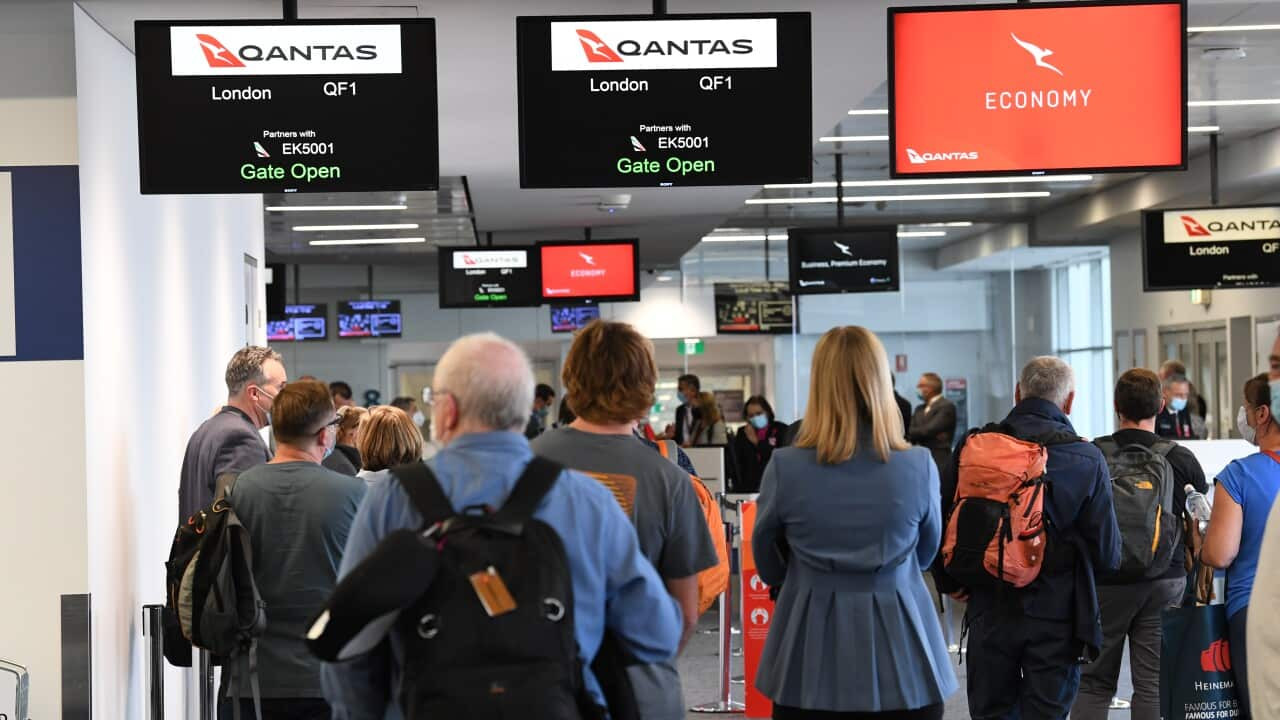In the years since the COVID-19 pandemic, the number of has increased, and so has the number running into trouble overseas.
This week, the Department of Foreign Affairs and Trade (DFAT) released its 2023-24 Consular State of Play report, which provides a snapshot of consular assistance and crisis support provided to Australians overseas.
DFAT responded to 9,067 consular assistance cases over the period, according to the report, marking a 7 per cent increase from the year prior.
The number of Australians seeking help with welfare or other serious matters (such as mental health or domestic violence), whereabouts inquiries, illness and hospitalisation, deaths overseas, arrests, and lost or stolen passports all increased.
Here's what you need to know about where — and how — Australians are having issues overseas.
The top spots for consular cases
The country where Australians needed the most assistance overseas was Thailand, with 827 consular cases.
Indonesia and the Philippines followed Thailand with 546 and 528 respectively, while there were 483 cases of Australians seeking help in the United States.

The number of Australians experiencing illness, theft, welfare issues and lost passports is on the rise. Source: Getty / kitzcorner/iStockphoto
In China, 309 Australians requested consular assistance, compared with 299 in Japan. India and Italy rounded out the top 10, with 254 and 240 respectively.
How are Australians getting into trouble overseas?
The most common reason people sought consular assistance was 'welfare/other serious matters', which includes mental illness domestic violence, or homelessness. The top country for welfare requests was Thailand, followed by the Philippines and Indonesia.
There was a 10 per cent overall decrease in welfare cases in 2023/24, but it remained the most common type of assistance request with 2,840 cases.
DFAT provided support in 1,919 cases of Australians who , a three per cent increase from the year before. Cases of Australians becoming ill or hospitalised overseas increased by 21 per cent to 1,345 and most of these occurred in Thailand, Indonesia and Vietnam.
'Whereabouts enquiries', which refers to Australians reported missing overseas, increased by 24 per cent to 328. The most common countries in these enquiries were the United States, Thailand and India.
DFAT managed 865 cases of Australians arrested overseas; a 17 per cent increase compared to the previous year. The top countries for arrests were China, the US and Singapore.
Theft and missing passports on the rise
The number of Australians reporting lost or stolen passports — and general theft — had a significant increase in 2023-24.
There were 2,678 passports reported lost overseas and 1,942 reported stolen; an increase of 28 per cent from the previous year.
The top destinations for missing passports were Italy, the US, Great Britain, France and Greece.
Reports of general theft increased by 26 per cent, with 198 cases reported. Italy was again the top country, followed by Brazil and Vietnam.
Australians in crisis overseas
DFAT also assisted Australians caught up in crises overseas and supported a total of 6,160 cases.
These cases included situations in Israel and the Occupied Palestinian Territories, Lebanon, New Caledonia, Ukraine, Russia and Morocco.
The countries where the most were in the Middle East, due to the ongoing and .
DFAT supported 3,643 Australians, permanent residents and their families in Israel and the Occupied Palestinian Territories, and 1,581 in Lebanon.












